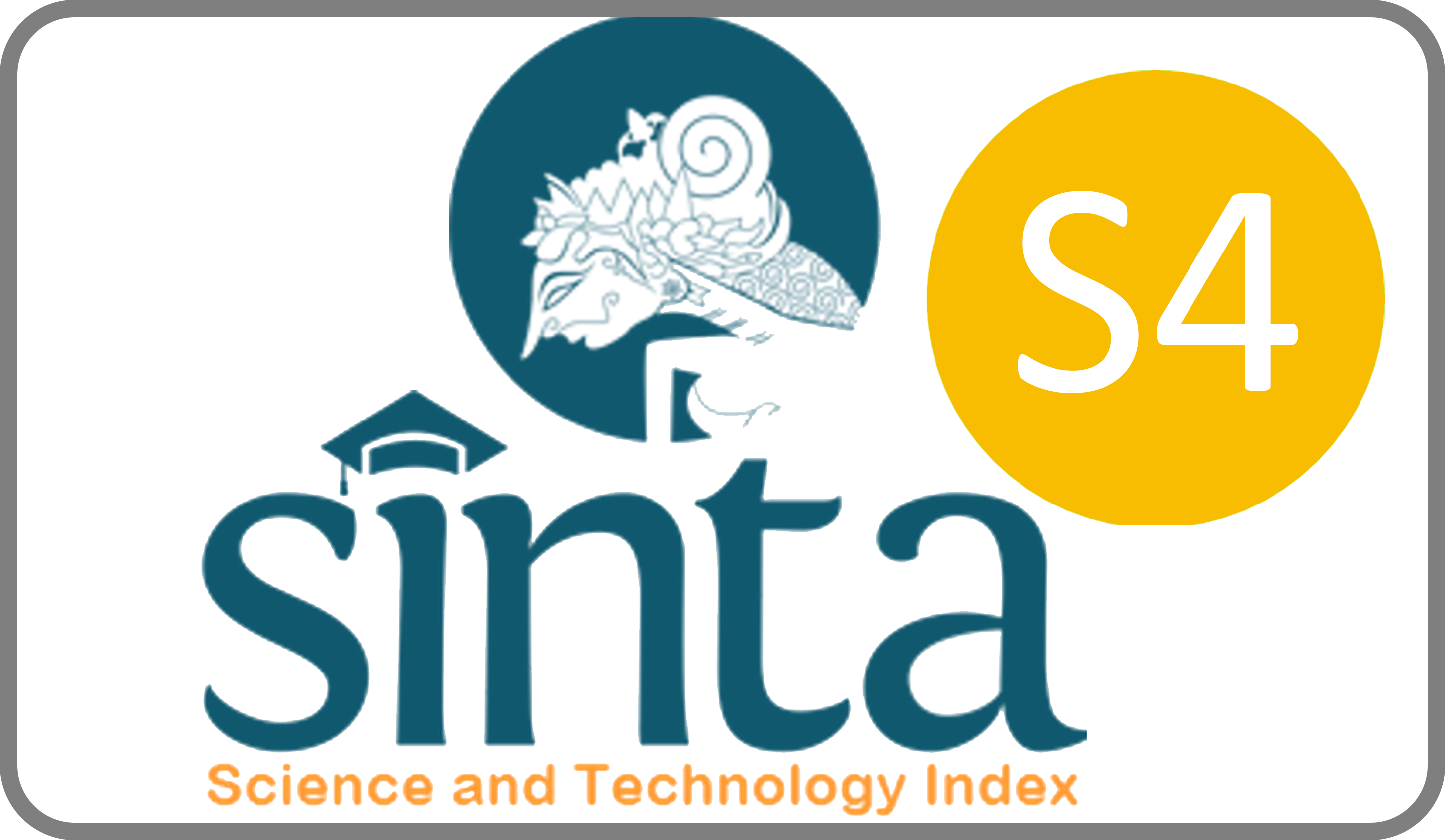SUSTAINABLE DEVELOPMENT BASED TOURISM DEVELOPMENT IN WONOLOPO, SEMARANG
Downloads
The progress of tourism is heavily influenced by the professionalism and existence of its institutions (tourism institutions). In this community service, the Airlangga University Public Administration team partnered with the Diponegoro University Public Administration team to assist MSME partners in Wonolopo Semarang. The problem with partners is the need to strengthen tourism institutions and expand the marketing of MSME products including herbal medicine villages, flora villages selling ornamental plants, and so on. Wonolopo has 10 tourism awareness groups from 8 thematic villages. The solution to the partner problem is the transfer of knowledge of tourism institutional development. There are three choices of institutional forms, namely tourism awareness groups, cooperatives and BUMDesa. The solution to the second problem is information and communication technology-based marketing with Linktree which is shared on social media and using digital marketing platforms. The results achieved after the community service was carried out were that 98.3% of MSME actors and tourism managers in Wonolopo Semarang had increased their abilities in developing tourism institutions and digital marketing innovation, as much as 1.6% needed to be improved. For this reason, more intensive assistance is needed for partners in Wonolopo, Semarang.
Bala, M., & Verma, D. (2018). A critical review of digital marketing. International Journal of Management, IT & Engineering, 8(10), 321–339.
Chaffey, D., & Ellis-Chadwick, F. (2019). Digital marketing. Pearson UK.
Chatterjee, S., & Kar, A. K. (2020). Why do small and medium enterprises use social media marketing and what is the impact: Empirical insights from India. International Journal of Information Management, 53, 102103.
Kampung Edukasi Omah Ampiran Desa Wisata Wonolopo .https://omahampiransemarang.blogspot.com/
Nuseira, M. T., & Aljumahb, A. (2020). The Role of Digital Marketing in Business Performance with the Moderating Effect of Environment Factors among SMEs of UAE. International Journal of Innovation, Creativity and Change.
Pradhan, P., Nigam, D., & Ck, T. (2018). Digital marketing and SMES: An identification of research gap via archives of past research. Journal of Internet Banking and Commerce, 23(1), 1–14.
Pemberdayaan Digital Marketing Social Media di Kampung Edukasi Omah Ampiran, Wonolopo, Mijen. dalam https://map.fisip.undip.ac.id/pemberdayaan-digital-marketing-social-media-di-kampung-edukasi-omah-ampiran-wonolopo-mijen/
Rahman, N. A., Yaacob, Z., & Radzi, R. M. (2016). An overview of technological innovation on SME survival: A conceptual paper. Procedia-Social and Behavioral Sciences, 224, 508–515.
Sultan, M. F., Asif, M., & Asim, M. (2019). Perceived impact of E-Marketing Practices (EMP) by SMEs on Customer Relationships: Moderating Role of Security, Privacy and Weak Infrastructure. Global Management Journal for Academic & Corporate Studies, 9(1), 134-145.
Saleh, H. (2020). Enhance Small Medium Enterprise (Smes) Family Business in Malaysia Through E-Marketing Strategies. International Journal of Scientific and Technology Research.
Copyright (c) 2023 Falih Suaedi, Jusuf Irianto, Eko Supeno, Bintoro Wardiyanto, Sunaryo Haryono, Antun Mardiyanta, Gitadi Tegas Supramudyo, Rochyati Wahyuni Triana, Erna Setijaningrum, Sulikah Asmorowati, Nanang Haryono, Philipus Keban, Putu Aditya Ferdian Ariawantara, Agie Nugroho Soegiono

This work is licensed under a Creative Commons Attribution-ShareAlike 4.0 International License.
JLM by Unair is licensed under a Creative Commons Attribution-ShareAlike 4.0 International License.
1. The journal allows the author to hold the copyright of the article without restrictions.
2. The journal allows the author(s) to retain publishing rights without restrictions
3. The legal formal aspect of journal publication accessibility refers to Creative Commons Attribution Share-Alike (CC BY-SA).
4. The Creative Commons Attribution Share-Alike (CC BY-SA) license allows re-distribution and re-use of a licensed work on the conditions that the creator is appropriately credited and that any derivative work is made available under "the same, similar or a compatible license”. Other than the conditions mentioned above, the editorial board is not responsible for copyright violation.


















